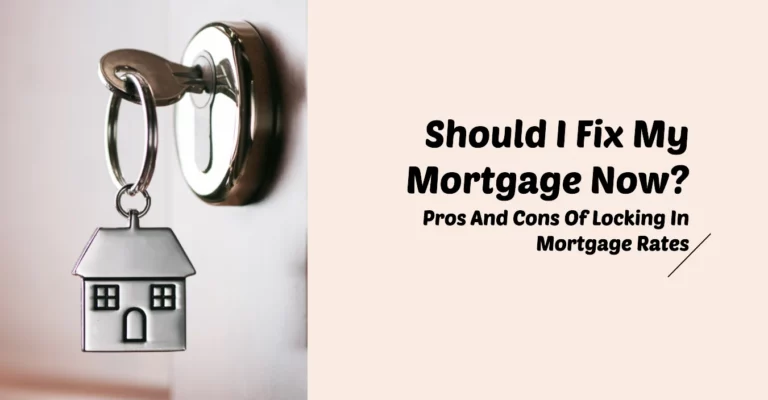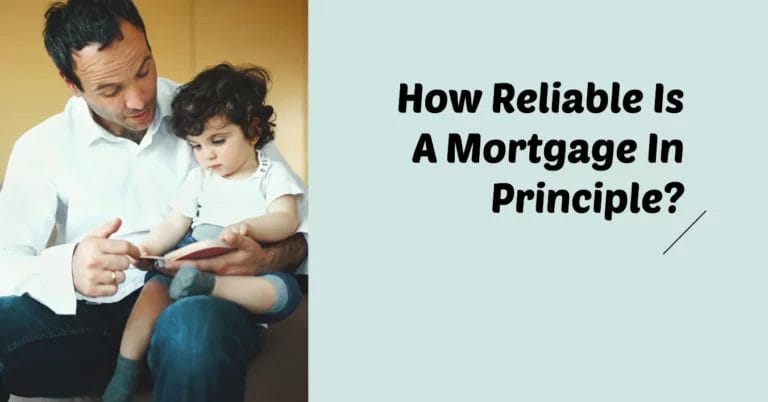Can You Get A Mortgage With A Default On Your Credit?
Getting a mortgage with a default is possible, but it can be more complicated. Lenders consider it a moderately severe form of bad credit. Specialist bad credit mortgage lenders can help improve your chances of approval. Factors such as your income, deposit amount, and other credit issues are assessed.
Your eligibility and options will depend on the following:
- Severity of default – how much and for how long payments were missed?
- Recency – more recent issues cause greater concern.
- Total defaults on your credit file.
- Income stability – consistent affordability eases lenders from worrying.
- Deposit amount – larger deposits significantly improve approval odds.
- Other credit factors – any CCJs, arrears, etc are also assessed.
Using a specialist broker can help match your situation with the appropriate lenders. Meeting affordability criteria and responsibly managing credit leading up to your application are key. While more effort is required, those with defaults can and do successfully secure mortgages.
How defaults can challenge mortgage applications?
Defaults on your credit report can make a mortgage application more difficult. This adverse credit signals higher risk to lenders compared to applicants with clean credit histories. This may limit the number of mortgage products and providers available. It may also lead to stricter eligibility criteria for those willing to lend.
However, your options can be unrestricted. This is especially true if the default was an isolated incident long in the past with reasonable cause. An experienced mortgage broker or mortgage advisor can match your unique credit score and situation with lenders. These lenders are more likely to approve a mortgage with defaults. So, while more effort is required, those with historic payment issues can still successfully apply for and obtain home loans.
How can you increase the chances of getting approved for a mortgage with defaults?

Getting mortgage approval when you have defaults on your credit record can feel intimidating. It gets even harder if you also have other credit marks. But the good news is securing a home loan with past payment issues is certainly achievable if you take proactive steps to better your situation. You will need to put in significant effort to optimize your application’s chances.
Useful tips that can increase the likelihood of getting a lender’s green light include:
Review your credit rating before applying for a mortgage
The first vital step is to thoroughly understand your current credit rating. This includes checking it across all agencies. This allows you to see your starting position clearly. It also helps pinpoint areas needing improvement. Use a service like Our Expert Mortgage or Financial Advisor to view your full credit record. This includes negative marks from defaults and missed payments. They provide complete reports with data from all checkers in a single overview.
Knowing exactly where you stand across different aspects of your file gives you a benchmark. This allows you to measure progress. You can track your progress as you implement positive changes. Over time, your situation will gradually improve. Understanding your credit health is key. It helps to tailor applications and demonstrate accountability in overcoming past struggles.
Implement minor credit record improvements

There are small, quick fixes you can make. These collectively boost your credit rating over time. Useful examples include:
- Getting on the electoral roll at your current address shows stability.
- Identify and dispute any errors on your report.
- Properly space out credit applications rather than bunch them.
- Paying at least the minimum on credit cards and loans monthly.
- Keeping credit utilization percentage low (30% or under).
- Make sure you pay household bills and existing mortgage payments on time.
- Trying to keep addresses the same as lenders prefer stability.
Staying on top of these minor tasks helps demonstrate to lenders you are responsibly managing your finances. It also strengthens your profile each period.
Get support from a specialist mortgage broker
If you have a troubled credit record, it is wise to collaborate with a broker who specializes in adverse profiles. An experienced credit mortgage advisor understands the subset of lenders open to applicants with past defaults and missed payments. They have thorough knowledge in this area. They can advocate for your unique situation. They can match you with providers likely to approve based on your circumstances.
Specialist brokers also guide you through the full journey. They help with tailored application preparation. They highlight your accountability. They track your progress in overcoming issues. They recommend the most suitable products and help you until the completion. Their expertise makes applications as compelling as possible to potential lenders. This is compared to applying solo.
Having a qualified broker in your corner can significantly increase the likelihood of getting mortgage approval despite past struggles. The broker has seen countless adverse cases and will never judge. Reach out to one to explore your options.
Transparently explain any negatives on your record

When applying for a mortgage, it is not advisable to hide or downplay negative items on your credit record. Applications undergo comprehensive review, so lenders will likely uncover them anyway.
Instead, have an explanation prepared for past financial difficulties. Include reasons you fell behind. Most importantly, describe the proactive measures you have taken since to get back on track. Outlining your journey demonstrates awareness and accountability. Rather than concealing struggles, transparency around overcoming setbacks shows maturity and management abilities.
Hardship can happen to anyone. Taking ownership of your situation looks much better. Being upfront with providers about your path to stability looks much better. It is simply human nature to demonstrate what you have learned. Now, you are carefully managing your finances.
Reach out to specialist mortgage lenders
If you have unsatisfied defaults on your credit record, many high street lenders may turn down your mortgage application. However, don’t lose hope. There are specialist lenders who may still consider applicants with defaults.
These lenders take a more flexible approach and look at your whole situation. The default will stay on your credit rating for 6 years. However, a specialist lender may focus more on whether you can afford the monthly mortgage payment.
Get in touch with a specialist mortgage broker. They can search the market for lenders who may be willing to look past your credit history. A broker can advise if you meet a lender’s criteria and help satisfy any extra checks.
Though sorting out credit issues can feel daunting at first, support is available. Reach out to a specialist broker to discuss your options. They understand these situations and can match you to potential lenders.
FAQs: Mortgage with a default
How long does a default stay on my credit file?
A default will be listed on your credit file for 6 years from when it was first registered. This can affect your ability to get credit during that time. However, it is possible for people with defaults to still find competitive mortgage offers if they work with lenders who can look past credit history.
How soon after a default can I get a mortgage?
The longer ago your default was registered, the less impact it typically has. After 6 years, it will be removed from your credit file, and you can start repairing your credit rating. Some lenders may consider an application 2-3 years after a default if you meet other criteria.
Can I get a mortgage with a satisfied default?
Repaying defaults can improve your credit score. However, some flexible mortgage lenders focus less on scores. For them, the date the default was registered matters more than if it’s been satisfied. So, unsatisfied defaults can still get approved if they meet the lender’s criteria. Settled defaults may get slightly better rates.
How much can I borrow if I have defaults?
With defaults, lenders often limit maximum borrowing, usually to 4-4.5 times your income. The more severe and recent the default, the lower the amount you can borrow. With a clean history, you may borrow up to 5 times your income. Lenders minimize risk with higher deposits for those with adverse credit.
How can my income affect getting a mortgage with a default?
All lenders count 100% of the basic salary. But some only count 50% of overtime, bonuses, etc. Self-employed income rules vary too – some want 3 years of accounts, some just 1. Job time requirements also vary. Other financial commitments like loans can impact affordability and how much you can borrow.
Getting a mortgage with defaults on your credit
Here at The Expert Mortgage Brokers, our expert brokers specialize in adverse credit mortgages. We know that even with a default on your credit history, it’s often still possible to secure a competitive mortgage deal.
Our brokers have in-depth knowledge of lenders who may look past a default notice. They understand the criteria these lenders use to assess applications. We can advise if lenders will consider your situation. It’s based on factors like income and the type of default, whether it’s a recent default or one that happened years ago.
We have unlimited access to exclusive rates not found on the high street. We can find you the most suitable mortgage deal for your circumstances. We’ll support you through the full application process. We’ll also provide personalized advice based on your credit profile.
Get in touch today for a free consultation with our specialist bad credit brokers. We’re here to help you understand your options. We’ll also match you with lenders who may accept your application despite the default on your credit file.






